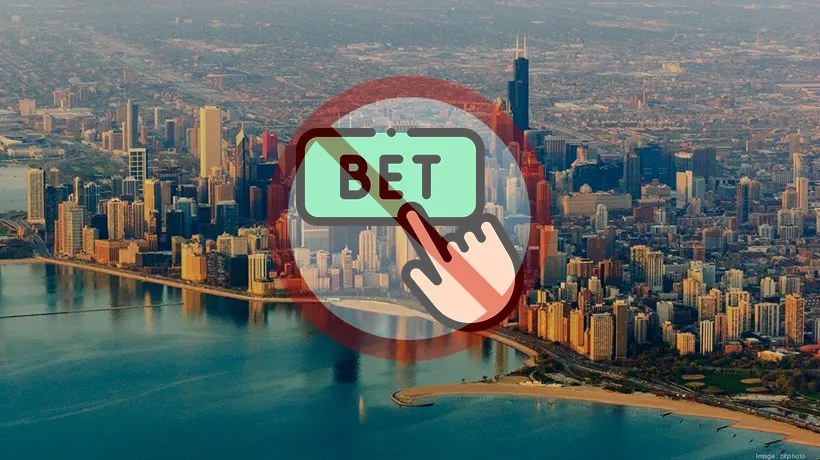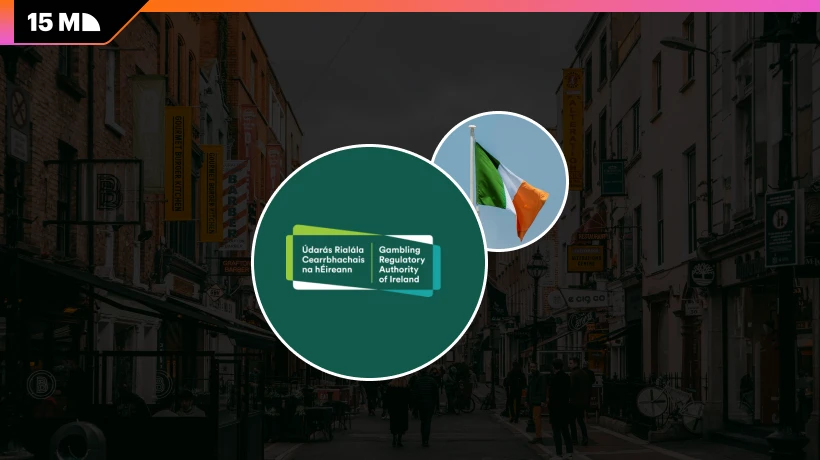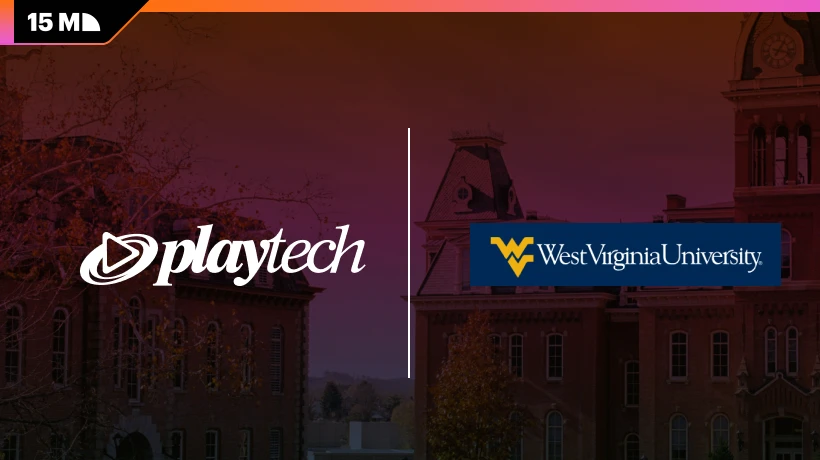Wisconsin Assembly Majority Leader Tyler August pulled Assembly Bill 601 from Tuesday’s scheduled vote. The surprise move came after weekend talks with fellow members raised new questions about the Tribal-focused legislation.
Representative Kalan Haywood introduced the bill back in October. It targets the state’s illegal offshore betting problem while creating a regulated market.
August told reporters there’s no rush since the Senate won’t reconvene this week anyway. He still expects a vote in early 2026.
Why This Bill Faces Growing Opposition
The legislation creates a Florida-style “hub and spoke” system. Wisconsin’s Tribes would control online sports betting and collect over 50% of operator revenue.
That’s where the problems start.
DraftKings and FanDuel won’t support those terms. The Sports Betting Alliance also pushed back hard on the revenue split. Without the two biggest operators, the whole framework looks shaky.
Representative Damon Stewart thinks smaller operators might accept Tribal partnerships. But he questions whether AB 601 works without the major players involved. The math doesn’t add up for most sportsbooks under this structure.
What the Bill Would Actually Do
Assembly Bill 601 removes sports wagers from Wisconsin’s statutory definition of betting. Tribes would oversee all online sportsbook operations statewide.
Licensed operators could offer mobile wagering but must partner with Tribal casinos. The revenue share exceeds 50% – higher than most state models.
Haywood pitched the bill as a way to stop illegal offshore sites from profiting without regulation. “For too long, illegal, offshore entities have profited from consumers through unregulated sports wagering, without generating revenue for local economies,” he said when introducing the legislation.
The bill would also generate tax revenue for Wisconsin communities. It aims to match what 38 other states already allow. Haywood originally filed the legislation as LRB-4723/1 on October 21.
How the Delay Changes the Timeline
August’s weekend conversations changed his thinking on key details. He didn’t specify which concerns came up but said they’re worth addressing before any vote.
Early 2026 marks a significant pushback from the original November timeline.
The delay gives opponents more time to lobby against the revenue structure. It also lets supporters refine the bill’s language and potentially adjust the Tribal revenue terms.
The Tribal revenue share remains the biggest obstacle. Other states typically give operators better margins while still paying Tribes for market access. Wisconsin’s model flips that dynamic entirely.
Some smaller operators might still sign on despite the terms. But without DraftKings and FanDuel, Wisconsin residents won’t get the two platforms that dominate U.S. sports betting.
That undermines the bill’s goal of eliminating illegal offshore wagering. Why switch to a legal app if the biggest brands aren’t available?
The January session will show whether supporters can find middle ground. Or if this framework needs a complete rethink before it can pass.







